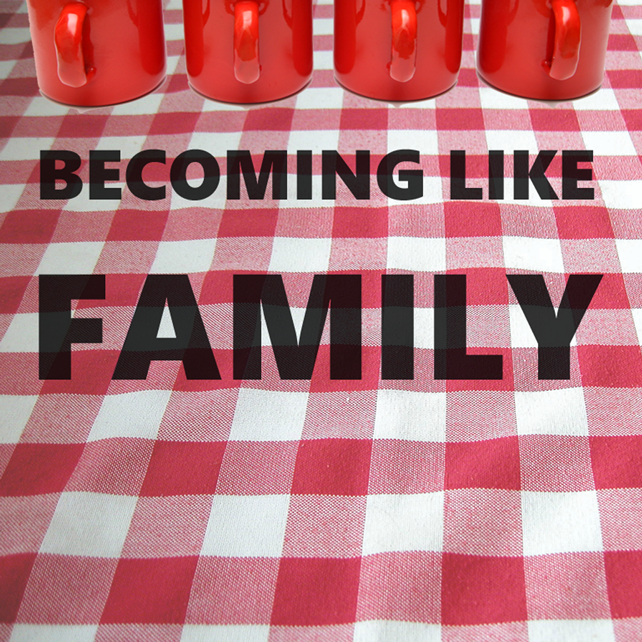This week we’re exploring this idea of “people of peace”. Jesus sent his followers to various towns, and asked them find people of peace and go deeply in relationship with them, and not to go from house to house. This was selective by design, and Jesus is okay with that. Jesus focused on his 12 disciples, and sometimes even smaller groups, through much of his ministry. Here he sends 72, not 72000.
Jesus sends them to focus on one family in each town. Go deep into relationship with them. He even says, if things don’t work out, move on.
But whenever you enter a town and they do not receive you, go into its streets and say, ‘Even the dust of your town that clings to our feet we wipe off against you. Nevertheless know this, that the kingdom of God has come near.’ I tell you, it will be more bearable on that day for Sodom than for that town. (Luke 10:10-12)
There can be all sorts of reasons why someone doesn’t want a close relationship with a follower of Jesus. The authors of “The Art of Neighbouring” suggest they may be:
- Too busy
- Wary of certain people
- Already relationally full
- At a different stage of life
- Afraid of exposure
They may not be your person of peace. Not now, or ever. They may be someone else’s person of peace! But if they welcome you, are hospitable and friendly, invest in them, and they will invest in you.
Sometimes it’s obvious, but if it is not obvious, pray, and just dive in, meet people, see who pops up as generous, caring, patient, and hospitable.
Question: Who do you think might be a person of peace in your neighbourhood?
Ryan Sim - October 29, 2013
Tuesday - Study It - Growth - in Discipleship
From Series: "Becoming Like Family"
This series looks at becoming “like family” with others learning to follow Jesus. We're exploring how the church is not a building, institution or event, but a community of people. It's important that explore what church means as we prepare to launch a new church in Ajax in 2014.

